11 of the best good news stories from 2021
Reasons to celebrate despite Covid-related doom and gloom of the past year...
- 1. World’s first malaria vaccine
- 2. ‘Tampon tax’ abolished
- 3. ‘Momentous’ Martian rock sampling
- 4. ‘Most diverse’ awards season ever
- 5. Olympic gold medal sharing
- 6. ‘Game-changer’ heart disease drug
- 7. Miscarriage leave approved in NZ
- 8. First openly gay male football star
- 9. Cervical cancer rates down by 90%
- 10. Britney freed
- 11. Same-sex marriage go-aheads
A free daily email with the biggest news stories of the day – and the best features from TheWeek.com
You are now subscribed
Your newsletter sign-up was successful
1. World’s first malaria vaccine
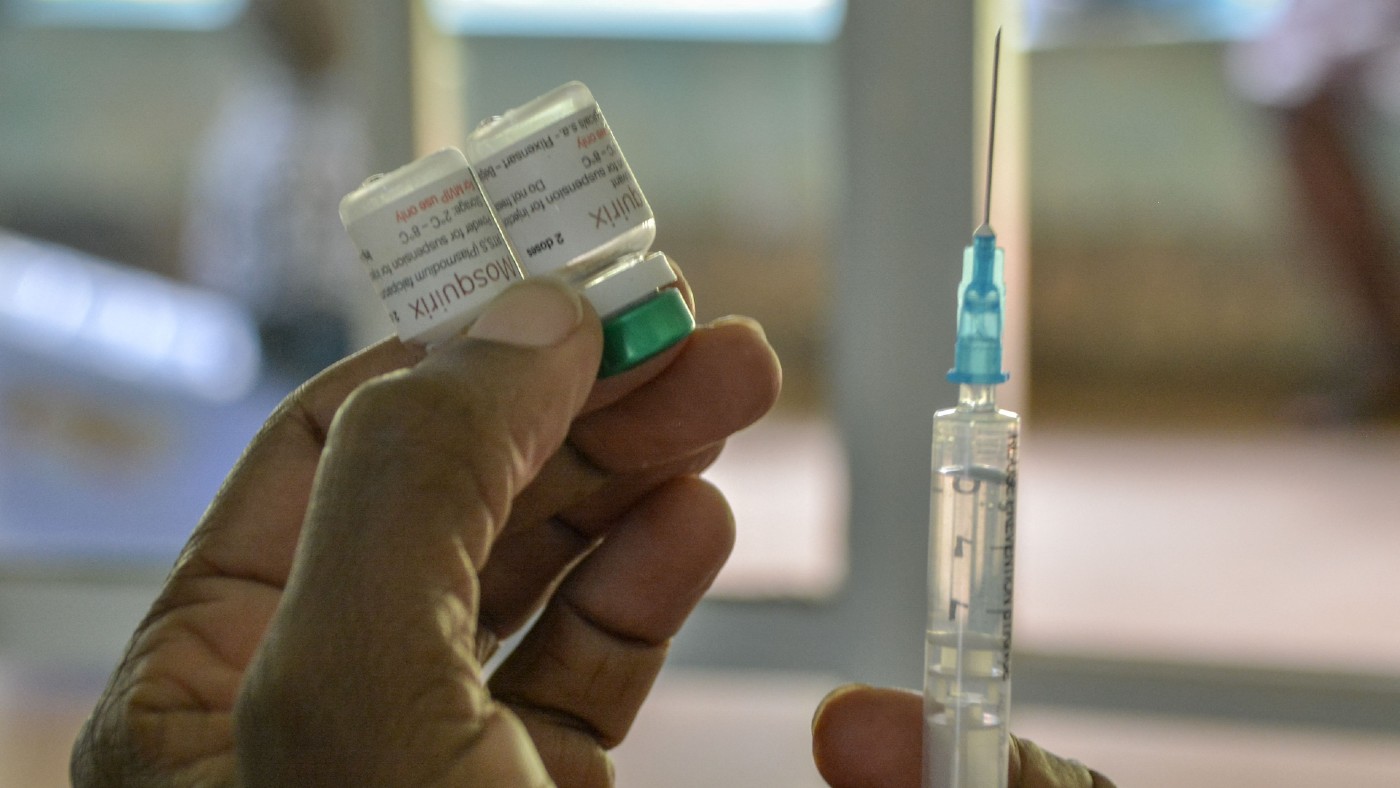
On 6 October, the World Health Organization (WHO) gave the green light for the rollout of a malaria vaccine that experts said had the potential to save the lives of tens of thousands of children across Africa every year.
Developed by UK-based pharmaceutical giant GlaxoSmithKline (GSK), the RTS,S vaccine, also known as Mosquirix, is the first developed for malaria or any other parasitic disease. The approval for widespread use of the jab was “based on results from an ongoing pilot programme in Ghana, Kenya and Malawi that has reached more than 800 000 children since 2019”, said the WHO.
Director General Dr Tedros Adhanom Ghebreyesus heralded the decision as a “historic moment” for “science, child health and malaria control”.
The Week
Escape your echo chamber. Get the facts behind the news, plus analysis from multiple perspectives.

Sign up for The Week's Free Newsletters
From our morning news briefing to a weekly Good News Newsletter, get the best of The Week delivered directly to your inbox.
From our morning news briefing to a weekly Good News Newsletter, get the best of The Week delivered directly to your inbox.
2. ‘Tampon tax’ abolished
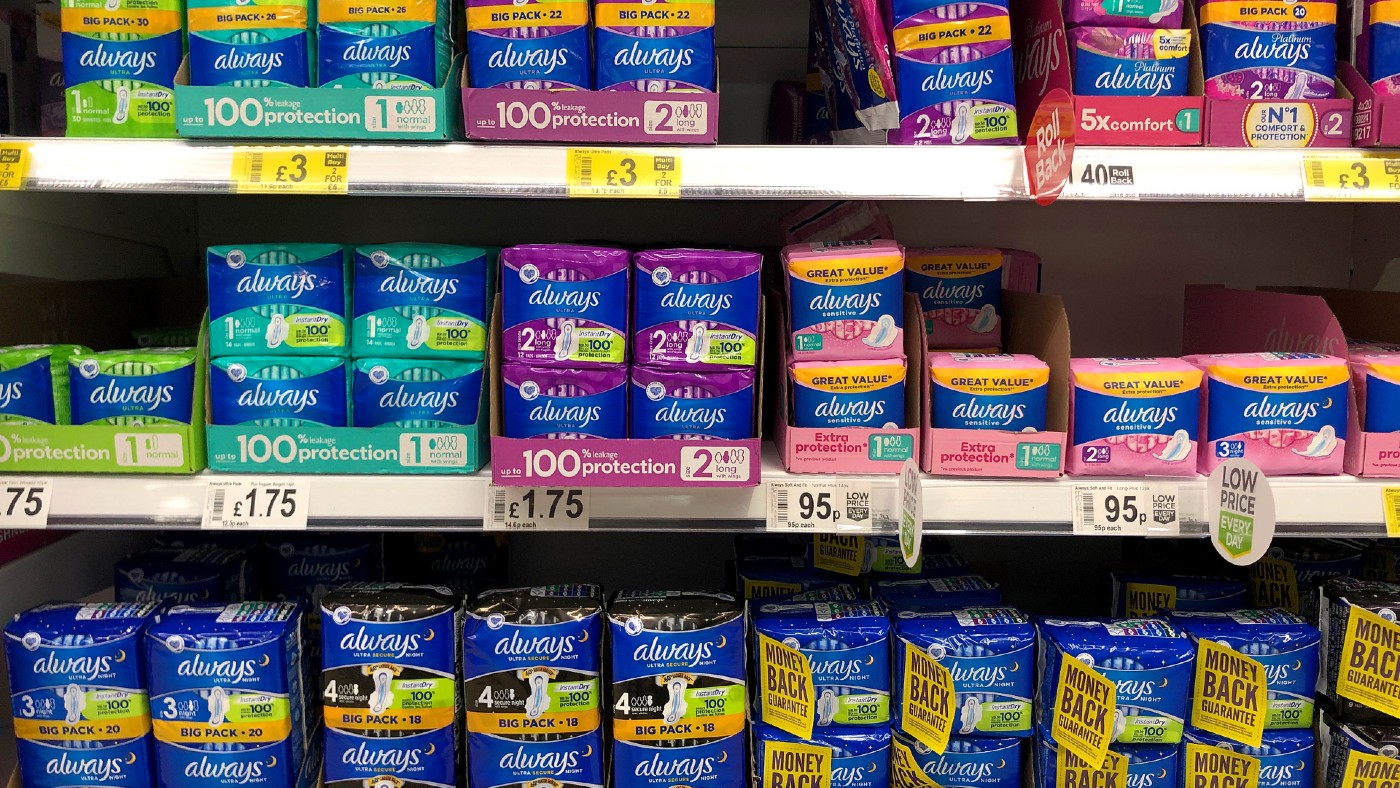
The UK’s so-called tampon tax – the 5% rate of VAT on sanitary products – was abolished from 1 January 2021.
Welcoming the VAT rules change, Felicia Willow, chief executive of women's rights charity the Fawcett Society, said: “It’s been a long road to reach this point, but at last the sexist tax that saw sanitary products classed as non-essential, luxury items can be consigned to the history books.”
3. ‘Momentous’ Martian rock sampling

In a space first, Nasa’s Perseverance rover successfully “drilled, extracted and stored a sample of Martian rock”, said Nature magazine. The sample, gathered in September, is the first ever piece of Mars “destined to be flown back to Earth for study”.
In what Nasa administrator Bill Nelson described as “a momentous achievement”, the rover managed the manoeuvre following an unsuccessful attempt the month before, when the rock crumbled into powder before it could be stowed in the sample tube.
A free daily email with the biggest news stories of the day – and the best features from TheWeek.com
Scientists hope that by bringing a bit of the Red Planet back to Earth, we can “gain more insight into Mars' potential for life”, said Space.com.
4. ‘Most diverse’ awards season ever
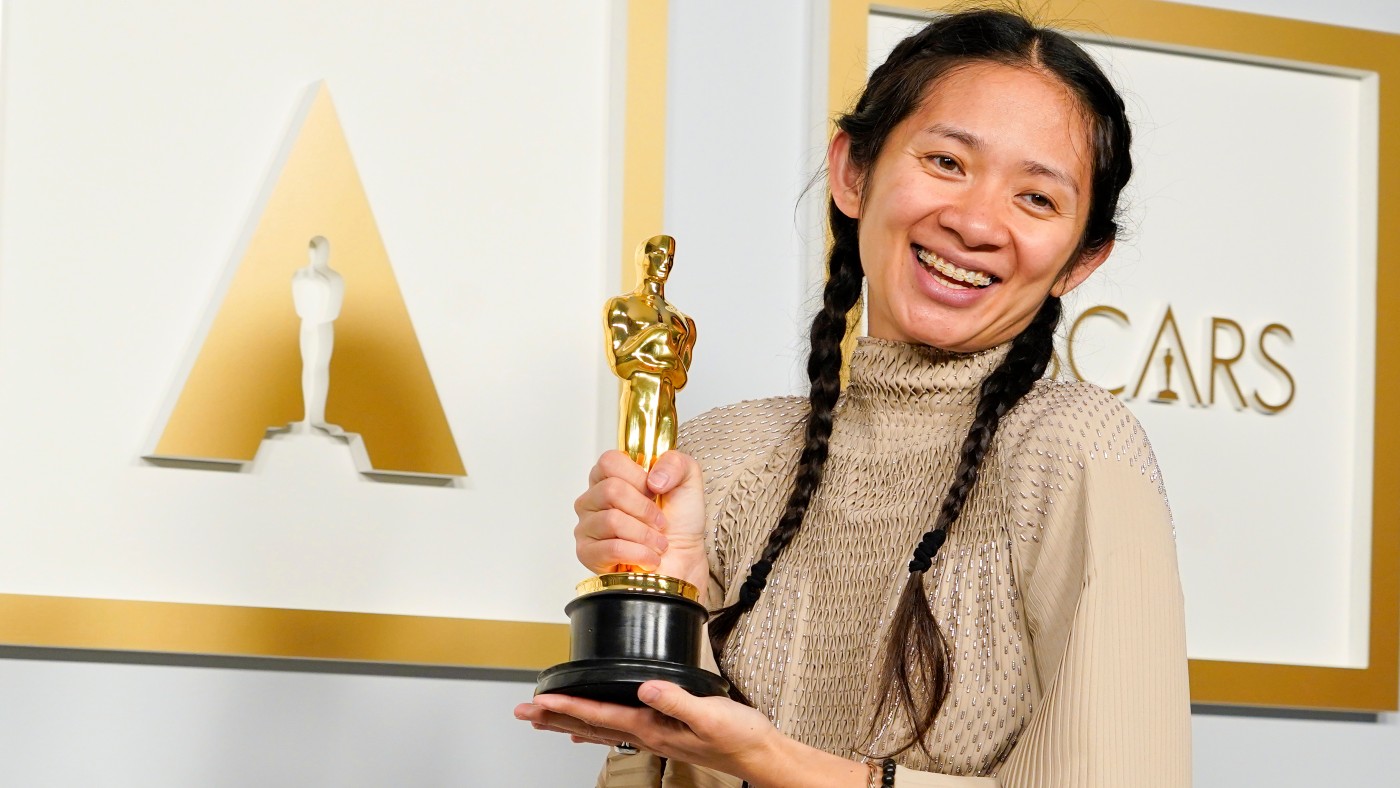
The Guardian’s film editor Catherine Shoard wrote that “this year’s Oscar for inclusivity goes to... the Academy”, after half of the gongs at the awards ceremony in April were won by people of colour. Nomadland director Chloe Zhao made history by becoming the first woman of colour and only the second woman ever to win the Academy Award for best director.
The 74th British Academy Film Awards (Bafta), held at London’s Royal Albert Hall in April, marked another step forward for diversity. In “the most inclusive ceremony since the awards began”, 16 of the 24 acting nominees were people of colour, and four of the candidates for best director were women, BuzzFeed reported.
The Baftas for television, handed out at a ceremony in June, also produced the “most diverse list of winners in its history”, said The Daily Telegraph. Black actors won three of the four acting awards, while the Virgin Media Must-See Moment – chosen by the public – went to the Diversity dance troop’s Black Lives Matter-inspired routine.
5. Olympic gold medal sharing
Italy’s Gianmarco Tamberi and Mutaz Barshim of Qatar asked to share the top step of the podium at the Tokyo Olympic Games in August, after tying in the men’s high jump. The two athletes had been offered a jump-off to decide the winner, but Barshim asked whether they could have “two golds” instead.
Describing Tamberi as “one of my best friends” after officials agreed, Barshim said: “This is a dream come true. It is the true spirit, the sportsman spirit, and we are here delivering this message.”
According to The Independent, their joint victory marked “the first time since 1912 that a gold medal has been shared in athletics”.
6. ‘Game-changer’ heart disease drug
A heart treatment newly approved by the National Institute for Health and Care Excellence (Nice) for use in England was expected to “protect tens of thousands of lives by cutting the number of people who have a heart attack or stroke”, The Guardian reported at the start of September.
Delivered in the form of a twice-yearly injection, Inclisiran “works by boosting the liver’s ability to reduce the body’s level of ‘bad’ cholesterol”, or LDL, and was shown to be highly effective during clinical trials, said the paper. Health Secretary Sajid Javid welcomed the “huge step forward in tackling the scourge of heart disease”.
7. Miscarriage leave approved in NZ
In March, New Zealand’s parliament “voted unanimously” to give women and their partners three days of bereavement leave after a miscarriage or stillbirth, The Guardian reported.
The pioneering legislation “applies to parents, their partners, and parents planning to have a child through adoption or surrogacy”, the paper said.
Labour MP Ginny Andersen, who drafted the bill, said the aim was to “give women the confidence to be able to request that leave if it was required, as opposed to just being stoic and getting on with life, when they knew that they needed time, physically or psychologically, to get over the grief”.
8. First openly gay male football star

In late October, Adelaide United player Josh Cavallo became the “only current top-flight male professional footballer in the world” to come out as gay, said the BBC.
The Australian midfielder, then aged 21, announced on social media that he was “ready to speak about something personal that I'm finally comfortable to talk about in my life”. In a video shared by his club on Twitter, he said: “I’m a footballer and I’m gay. All I want to do is play football and be treated equally.”
Amid a huge outpouring of support from across the world, Stonewall F.C. told the i news site that Cavallo’s story is “a sign of the progress that has been made across the game”. But there is “much more to be done so that others like Josh can be open and free to be themselves”, added Stonewall, Britain’s top-ranking LGBTQ+ football team.
9. Cervical cancer rates down by 90%
Cervical cancer rates are nearly 90% lower among women who were given the human papillomavirus (HPV) jab as teenagers, according to results from the first major study into the vaccine programme.
The study, published in The Lancet in early November, found that “there were around five cervical cancer cases per year among women who were offered the vaccine between the ages of 12 and 13 and are now in their 20s”, said the i news site. By comparison, before the jabs were first rolled out back in 2008, there were around 50 cases each year.
“It’s been incredible to see the impact of HPV vaccination and now we can prove it prevented hundreds of women from developing cancer in England,” said Professor Peter Sasieni of King’s College London, the lead author of the study.
10. Britney freed
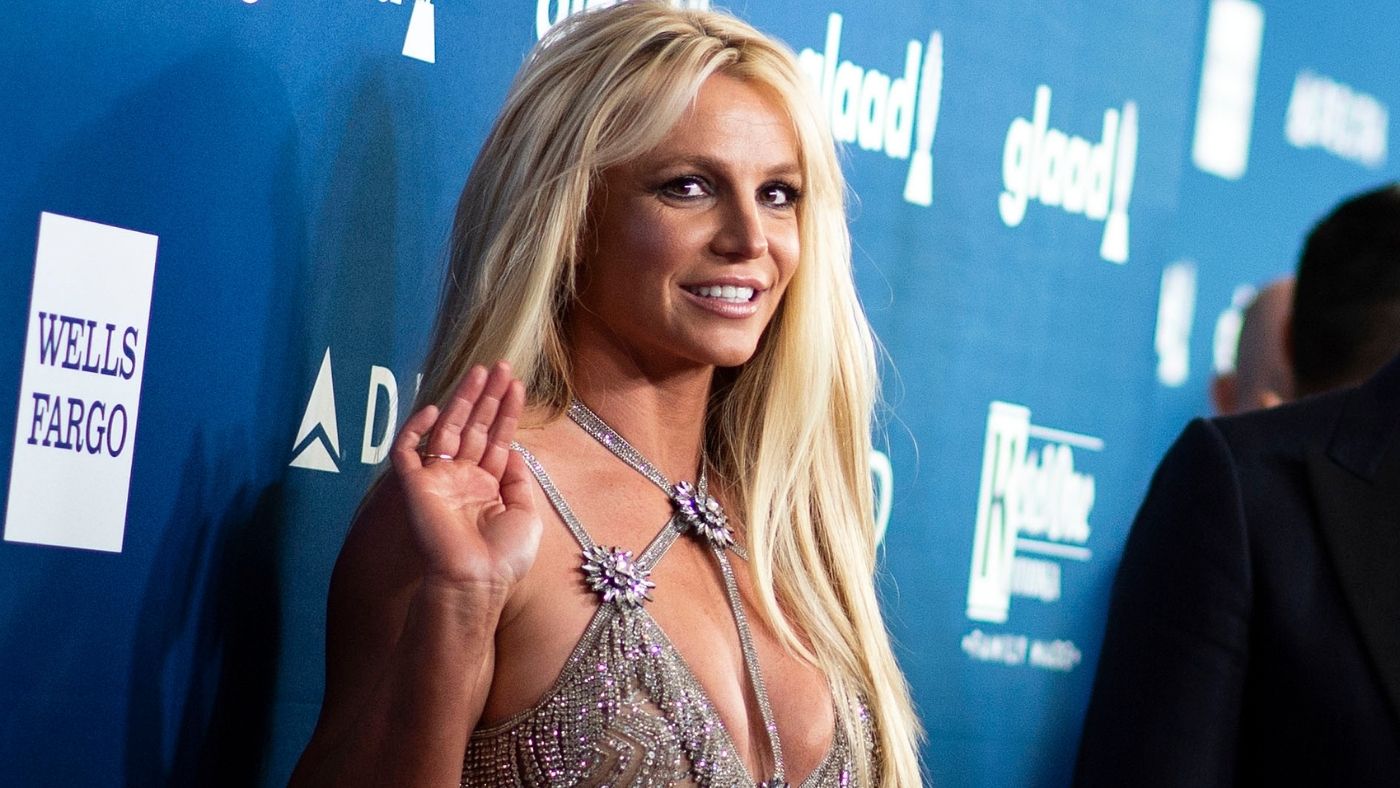
On 12 November, a judge approved the termination of Britney Spears’ conservatorship, freeing the singer “from the controversial legal arrangement that has controlled her life for nearly 14 years”, said The Guardian’s Los Angeles-based correspondent Sam Levin.
The star’s career has been in the hands of legal guardians since 2008, when a court-ordered agreement was imposed amid concerns over Spears’s mental health.
Her long-running battle to regain her independence from the courts had been backed by a grass-roots movement of fans known as the #FreeBritney campaign, which gained renewed public attention following the release of documentary Framing Britney Spears earlier this year.
11. Same-sex marriage go-aheads
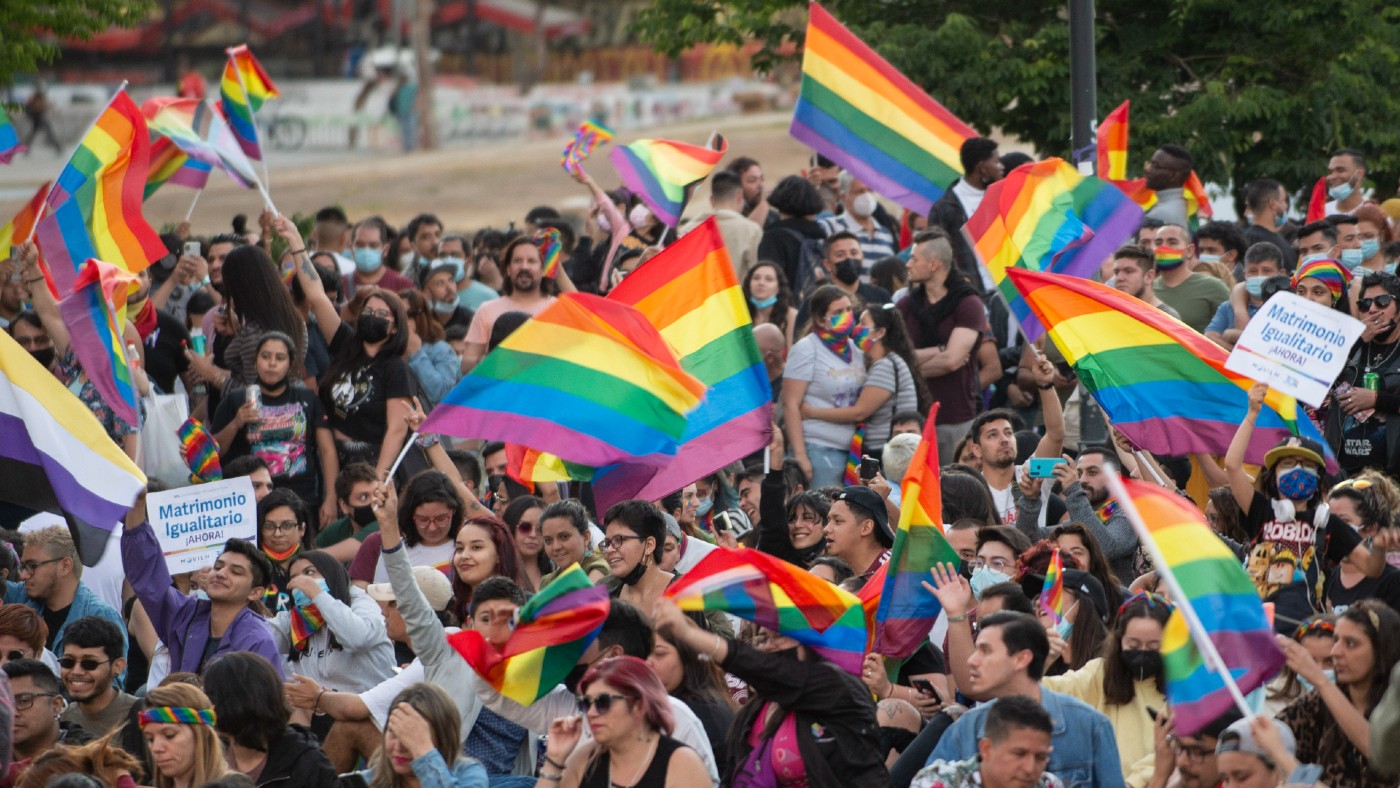
On 7 December, Chile approved a landmark law allowing same-sex marriage in the historically Catholic country – joining around 30 other nations that have legalised same-sex unions. The legislation was “overwhelmingly approved” by Chile parliament, said the BBC, and also enables gay couples to adopt children.
The vote came just over two months after the Swiss public backed a ‘Marriage for All’ initiative by a nearly two-thirds majority, in what Reuters described as a “ground-breaking referendum” in “one of the last countries in Western Europe to legalise gay marriage”. Same-sex couples will be able to wed in Switzerland from 1 July 2022.
The local government in Japanese capital Tokyo, which has a population of around 14m, has also announced plans to allow same-sex marriage in the city from April next year.
Kate Samuelson is The Week's former newsletter editor. She was also a regular guest on award-winning podcast The Week Unwrapped. Kate's career as a journalist began on the MailOnline graduate training scheme, which involved stints as a reporter at the South West News Service's office in Cambridge and the Liverpool Echo. She moved from MailOnline to Time magazine's satellite office in London, where she covered current affairs and culture for both the print mag and website. Before joining The Week, Kate worked at ActionAid UK, where she led the planning and delivery of all content gathering trips, from Bangladesh to Brazil. She is passionate about women's rights and using her skills as a journalist to highlight underrepresented communities. Alongside her staff roles, Kate has written for various magazines and newspapers including Stylist, Metro.co.uk, The Guardian and the i news site. She is also the founder and editor of Cheapskate London, an award-winning weekly newsletter that curates the best free events with the aim of making the capital more accessible.